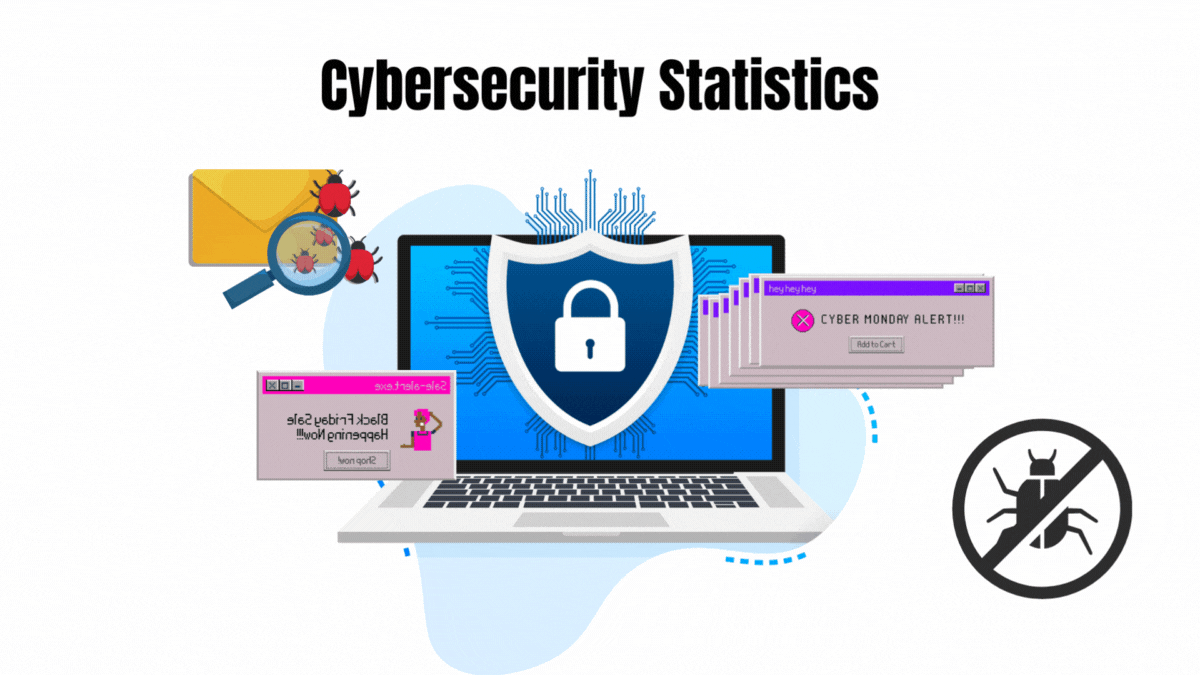Stop Talking about Data: Value Lies in Information
By Pedro Cardoso, BackOffice Associates
I’m about to make a statement that, at the surface, will seem contrarian for someone who lives and breathes all types of enterprise data as part of what they do.
Here it goes: The majority of data you have locked up in your enterprise, that you guard so carefully, tend to so diligently and inevitably spend so much of your technical and operational energy managing, cleansing, harmonizing and documenting, is worthless.
While most organizations believe they must safeguard all data and treat it as an invaluable corporate asset, the truth is that data has no intrinsic value. Data isn't an asset at all; the real value lies in the information behind the data.
Consider assets such as a house or a precious metal like gold. Each asset has an accepted, well defined and immutable value. At the right price, there will be a buyer.
Now consider data. If I offered you a gigabyte of “freshly keyed, barely used” but 100 percent cleansed data, what would you give me for it? You cannot have the same discussion as you can have with a real asset that has intrinsic value.
Data Rich, but Information Poor
The real value of data lies not in how much data you have, but instead in how much meaningful information stands behind it. Too many organizations are “data rich” but “information poor,” and their historical spend and associated return on investment on “managing data” has been understandably skewed.
The data required to make an organization “information rich” is a means to an end, not an end in itself. Because the volume and complexity (both technical and political) of data is so huge in most organizations, solutions that try to approach it through the “data” lens often result in spends that are multiples of what they should be and don't move the needle from an information perspective.
Lead with Information, Not Data
Instead, look at what types of enterprise information, if available, would be a game changer — a step change in capability for the business and your customers. Talk about what information quality, information governance and information architecture you need to enable that outcome.
Of course, at some point – and pretty quickly – the conversation will need to shift to data. Keep in mind that unlike many assets, the value of data doesn't correlate to how new or pristine its condition is. With data, value goes up the more it is used, referenced and required.
When you start leading with information and solutions that focus on delivering business value, something magical happens. Solutions are delivered on time and on budget, with project cycles of weeks and months, not years. Suddenly the challenges you have around articulating why “data initiative xyz” should be funded are replaced with a lineup of anxious customers who want some of “what that other customer is having.”
This is where some would say, “Well of course that's what we meant! It's obviously about information. You are just playing on words.” While on the surface the difference between data and information might seem negligible, I can guarantee you there is a monumental difference. As we’ve seen with countless Fortune 1000 organizations, enterprises that lead with their information as an asset and use data to effectively manage it will ultimately see the real value of corporate information — both in their bottom line and through increased operational effectiveness across the board.
Pedro Cardoso is a senior Information & Data Governance consultant at BackOffice Associates, a worldwide leader in information governance and data modernization solutions, focusing on helping Fortune 1000 customers manage one of their most critical assets – data.

Vangie is a freelance technology writer who covers Internet technologies, online business, and other topics for over 15 years. SEO Content Writer with high-quality organic search results. Professional freelance technology writer with over 15 years experience. - Understands the technology trends in SMB and Enterprise markets. - Proficient in email marketing and social media campaigns. - Trusted and respected voice in small business marketing via e-commerce. - Knowledgeable in how to incorporate sales initiatives and assets into articles or Web content. Experienced social media marketer. Specialties: SEO. Electronic commerce, small businesses, Internet. Computers, servers, networking. Computer science. Terms, terminology. Social media, email marketing. Mobile apps. Operating systems. Software and hardware. Interviews, tips, advice, guides and feature articles. Marketing, slideshows, how-to guides. Search engine tools.

